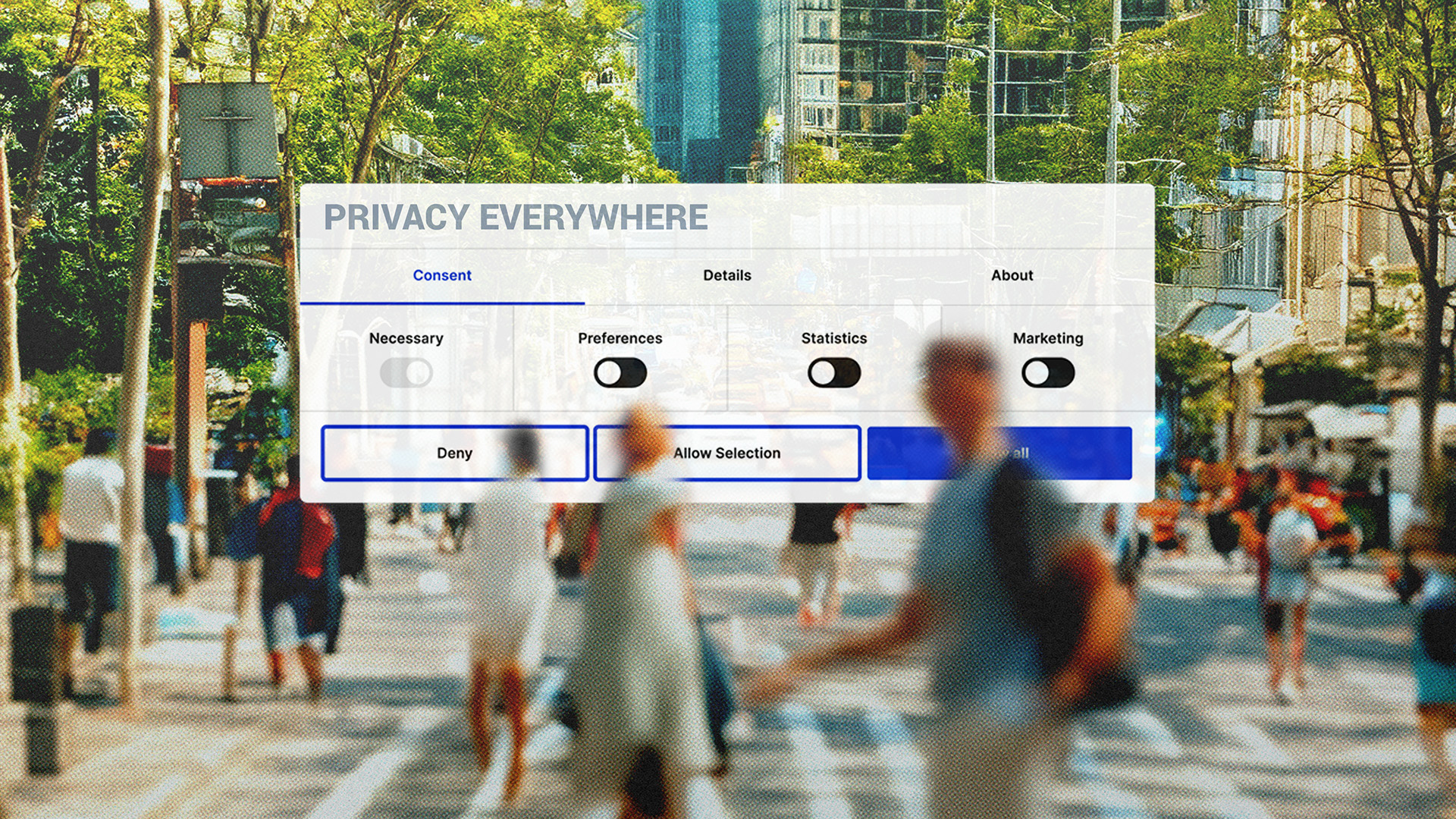In a world where attention is scarce and trust is fragile, a quiet revolution is reshaping how we connect, how we grow, and how we do marketing. It’s called Privacy-Led Marketing, and in 2025, it’s no longer optional.
For years, marketers have talked about personalization as the Holy Grail. We’ve chased clicks, mined data, and optimized every pixel for performance. But somewhere along the way, we forgot that data comes from people, and people are paying attention.
What is The State of Digital Trust in 2025?
“The State of Digital Trust in 2025”, our latest global study at Usercentrics, uncovers what I believe is a defining shift in the marketing landscape: consumers aren’t rejecting innovation or personalization.
They’re rejecting opacity. They’re saying: “I want to be seen, not surveilled. I want relevance, not intrusion. I’ll share, but only if I trust you.”
And trust, as we now know, is the most valuable currency a brand can hold.
The shift from compliance to competitive advantage
Let’s be honest. For many years, privacy was the fine print. A checkbox in a legal doc. A cookie banner we all hoped people would just click through.
But that world is over.
Today, how you ask for consent is as important as what you do with it. How transparent you are about data practices is no longer a backend IT concern—it’s your first brand impression. It sits at the heart of the customer experience.
Privacy-Led Marketing doesn’t mean saying no to data. It means saying yes to clarity. Yes to accountability. Yes to putting people — not just platforms and the data they produce — at the center of your strategy.
People know they’re the product — and they’re pushing back
One of the most striking insights from the report? 62 percent of consumers feel like they’ve become the product. Not the customer. Not the user. The product.
That’s a damning indictment of how digital marketing has evolved, and an urgent call for change.
More than half are uneasy about their data training AI, and nearly half trust humans more than machines when it comes to handling personal data.
The implication is clear: people are watching, and they will opt out — of cookies, platforms, or entire brands — if they feel misled or misunderstood.
As marketers, we can’t afford to treat trust as an assumption. It’s an active choice people make, and remake, every day.
The cookie banner is your new front door
We’ve reached a tipping point where even the most functional parts of digital experience are becoming brand signals. The cookie banner, once a dull legal necessity, is now a trust checkpoint.
According to the research:
- 42% of consumers read cookie banners — not just click them
- 46% are accepting cookies less often than they did three years ago
- 36% have adjusted their privacy settings
That’s not passive behavior. That’s intentional.
This means that how you design your consent interface — the language, the clarity, the choice architecture — now directly impacts whether someone sees your brand as trustworthy. Or not.
Trust is uneven and the bar is rising
The data shows that some sectors have an edge. Finance and the public sector still enjoy relatively higher levels of trust. Tech, retail, and automotive? Not so much.
But even in the high-trust sectors, the expectation gap is growing. People want transparency. They want security. And they want control.
- 44% demand clarity on how their data is used
- 43% expect strong data protection guarantees
- 41% want real, granular control over what they share
This is the new normal. And if your brand can’t meet these expectations — clearly, consistently, and credibly — then someone else will.
The knowledge gap is real — so is the opportunity
Here’s where I see the greatest potential: 77% of consumers don’t fully understand how their data is collected, stored, or used. That’s not because they don’t care, it’s because we haven’t explained it well.
Only 47 percent trust regulators to hold Big Tech accountable. People aren’t looking to governments to solve this anymore. They’re looking to brands. The brands that rise to the occasion, that educate, empower, and engage with clarity, will not just earn trust, they’ll earn loyalty.
This is our moment.
Privacy is the new foundation of brand growth
We talk a lot in marketing about being customer-first. About authenticity. About community and connection. But that can’t just be about tone of voice or campaigns.
It has to show up in our data practices. In our onboarding flows. In how we handle consent, communicate risk, and design for choice.
The brands that win in 2025 and beyond won’t just be the most creative. They’ll be the most accountable. The ones that don’t just “use” data, but earn it. Steward it. Invite people into a value exchange that feels human, fair, and honest.
Privacy-Led Marketing: From movement to mandate
At Usercentrics, we’ve been working with marketers across industries to help shift this mindset. Privacy-Led Marketing is no longer a niche approach. It’s becoming a movement. One grounded in the belief that trust is not a side effect of good marketing: it is good marketing.
This isn’t just about avoiding fines or following the law. It’s about future-proofing your brand in an era where skepticism is high and loyalty is hard-won. It’s about leading with transparency, not hiding behind policy pages. And it’s about treating privacy not as a blocker, but as a builder of better, more meaningful brand experiences.
What happens next?
The question now isn’t if privacy matters. It’s how well you’re doing it, and how visibly.
- Are you asking for valid consent in a way that reflects your brand values?
- Are you equipping your marketing team (not just legal) to understand and advocate for privacy?
- Are you turning privacy into a feature of your brand, rather than a footnote?
“The State of Digital Trust in 2025” gives us the data. But the opportunity is in how we act.
Marketers have the power, and the responsibility, to lead this change. Not just because it’s required. But because it’s right. Because it builds better businesses. Because it builds better brands.
And because trust, once earned, is the most powerful growth engine we have.

